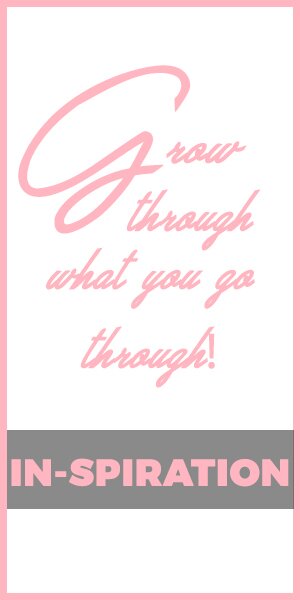Hi Mummy’s and Daddy’s, my name is Kira. I have worked in the childcare industry for 12 years now, and I’m a mummy to a beautiful cheeky 2 year old.
I am the brand new columnist for In-spire LS Magazine and I will be dealing with the diverse subject matter that is parenting. In this comprehensive column I will aim to answer and questions you may have. It is here to help and support you with the number of issues that may arise; particularly for new parents.

A number of things we will look at to help parents each month will be:
- Children in Childcare: What they are learning, whether this be within nurseries, preschool, nanny’s child-minders, or even what you could help your child learn as a stay at home parent?
- Children’s Fashion: The must have cute outfits.
- Menu of the Month: Scrummy, yummy easy foods to prepare.
- Ask Kira: Any questions that you want to get off your chest or any help you may need… for example ‘Potty Training’
Childcare:
Do you wonder what your child is doing when you drop them off in the mornings? Will they actually be learning anything valuable at nursery?
All childcare establishments follow a learning guideline called ‘EYFS’ Early Years Foundation Stage. This first column will just give you a brief outline of what the EYFS means and its purpose, then every other column after that we will look at the principles, and what children should be learning.

So What Is The EYFS?
Children develop quickly in the early years, and early years practitioners aim to do all they can to help children have the best possible start in life. Children have a right, spelled out in the United Nations Convention on the Rights of the child, to provision which enables them to develop their personalities, talents and abilities irrespective of ethnicity, culture or religion, home language, family background, learning difficulties, disabilities or gender.

Children are born ready, able and eager to learn. They actively reach out to interact with other people, and in the world around them. Development is not an automatic process, however. It depends on each unique child having opportunities to interact in positive relations and enabling environments.
This was just quick introduction to what we will be looking at, and of course answering any questions you may have surrounding these learning requirements.
If you have any queries email| uk or TWEET ME!
W| By Kira Thomas
















